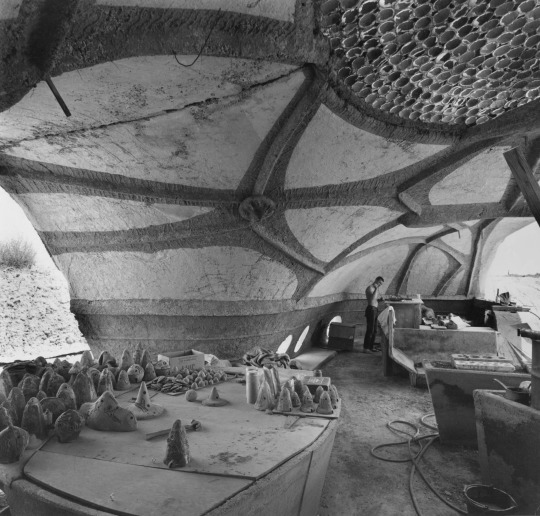#paolo soleri
Explore tagged Tumblr posts
Text
The Creative Assembly assembles a machine for living

The primordial harshness of space is on horrifying display in the 1979 film Alien. The crew of the spaceship Nostromo - featuring Sigourney Weaver as Ellen Ripley - was stalked by the xenomorph, a fearsome lifeform conceived by Swiss designer and architecture graduate H.R. Giger.
The utilitarian human architecture, gestated by concept artist Ron Cobb and realized by production designer Michael Seymour's art department, is equally memorable, with corridors that have proven especially influential. Director Ridley Scott sought a tangible reality that captured 'the beauty of something absolutely about function'.
In Alien: Isolation, British developer The Creative Assembly lets us inhabit this world, caught in a deadly game of hide and seek. Following the discovery of Nostromo's recorder, the player takes on the role of Ellen Ripley's daughter Amanda and arrives at Sevastopol: a space station undergoing decommission on the outer rim, in the orbit of a gas giant.

Lead artist Jude Bond and concept artist Bradley Wright based Sevastopol's design on the ore refinery towed by the Nostromo in the film; its cathedral-like spires were initially conceived in an illustration by Ridley Scott. Sevastopol features three, not four towers, and extends the decks below the platform that serves as an artificial ground. Massive thrusters - 'gravity anchors' - are retrofitted to domes underneath. In The Art of Alien: Isolation (2014), Wright notes: 'I [initially] explored ideas of this large machine structure that formed the center of each tower's hub - a mini-brain of sorts.' Each tower serves an 'archetypal function - habitation, technical and science' with 'engineering on the lower decks', somewhat reminiscent of Paolo Soleri's arcology, Novanoah I.
For the internal spaces, Wright 'took cues from Cobb's simplified utilitarian color choices to make a clean and readable design'. The spaces emulate the film sets with exacting verisimilitude - from the distinctive padded corridors to the turret rail-mounted chairs - but also sees them evolve into a cohesively complete and functional environment that considers circulation, light, even introductory impact and interior to exterior sight lines. The film's art director Roger Christian clad the sets in old aircraft parts and bond adds: 'We've limited ourselves to things which could have been or were available in 1979.'
The architecture is treated as a machine, with its utilitarian aspects and exoskeleton exposed, like the xenomorph itself. One of the early Nostromo designs by concept artist Chris Foss suggested a 'Mississippi river boat' or steamship - which coincidentally also served as inspiration in Le Corbousier's machine for living, the Villa Savoye.
Alien: Isolation exemplifies architecture in the context of a machine and finds aesthetic beauty in its lo-fi functionalism.
Oliver Zeller
Mark Magazine 55: April/May 2015
#alien: isolation#alien isolation#ridley scott#alien#ellen ripley#amanda ripley#sevastopol#architecture#le corbusier#utilitarian#the creative assembly#sega#mark magazine#h.r. giger#paolo soleri#arcology
9 notes
·
View notes
Text

paolo soleri - a detailed proto-arcosanti hand drawing executed for arcology by soleri studios, 1968
#paolo soleri#architectural drawing#avantgarde architecture#arcosanti#utopianarchitecture#utopicarchitecture
3 notes
·
View notes
Text


Architect Paolo Soleri’s home Cosanti complex in Scottsdale, AZ
15 notes
·
View notes
Text

8 notes
·
View notes
Text

Helium supported bridge concept by Paolo Soleri, 1958.
via
2 notes
·
View notes
Text

Lighting, Injury Reserve, 2022
0 notes
Text
Accommodating Human Unsettlement
"With the computer's integrative examination of physical and metaphysical resources available to human beings, it will be clearly manifest that we have aboard spaceship Earth 4 billion billionaire heirs-apparent who have never been notified of their magnificent inheritance which has been over long hidden within the world's obsolete laws, customs and administrations whose divorcement of money from real wealth has hidden the realised existence of omnihumanity sustaining inexhaustible wealth"
The source of that Buckminster Fuller quote was extracted from the excellent (characteristically precise and disturbingly comprehensive as Bucky often is) article "Accommodating Human Unsettlement" from Vol 49 No 1 (Jan 1978) of the Town Planning Review which is listed on JSTOR, but there are (ahem) other ways to obtain a copy…
https://www.jstor.org/stable/40103576
This was in turn sparked by United Nations Conference on Human Settlements: Habitat I held in Vancouver, Canada, in 1976:
"Adequate shelter and services are a basic human right which places an obligation on Governments to ensure their attainment by all people, beginning with direct assistance to the least advantaged through guided programmes of self-help and community action. Governments should endeavour to remove all impediments hindering attainments of these goals."
#canpoli#housing#buckminster fuller#margaret mead#paolo soleri#Pierre Elliot Trudeau#how many changes of government has there been since then?
1 note
·
View note
Text

4 notes
·
View notes
Photo

A building part of Arcosanti by Architect Paolo Soleri Follow Souda on Tumblr
#modern#design#product design#home#decor#decoration#home decor#home design#interiors#interior design#living room#bedroom#kitchen#buildings#architecture#furniture#furniture design#industrial design#minimalism#minimal#living rooms#lighting design#lights#bathroom
269 notes
·
View notes
Text
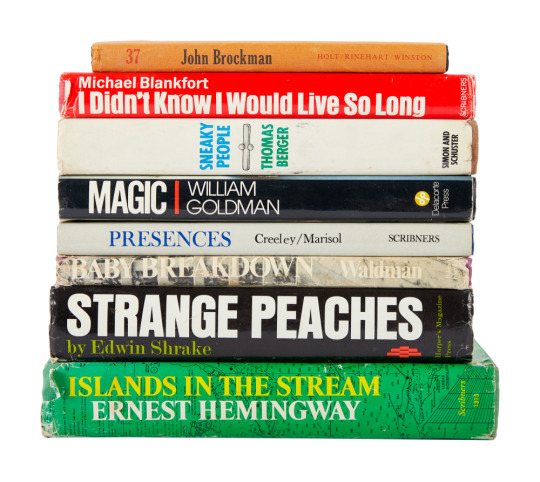
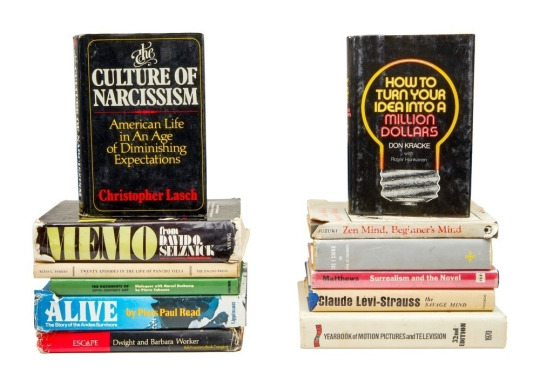
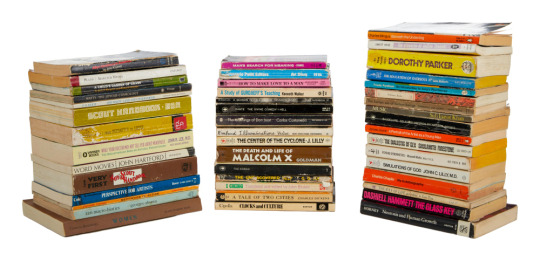



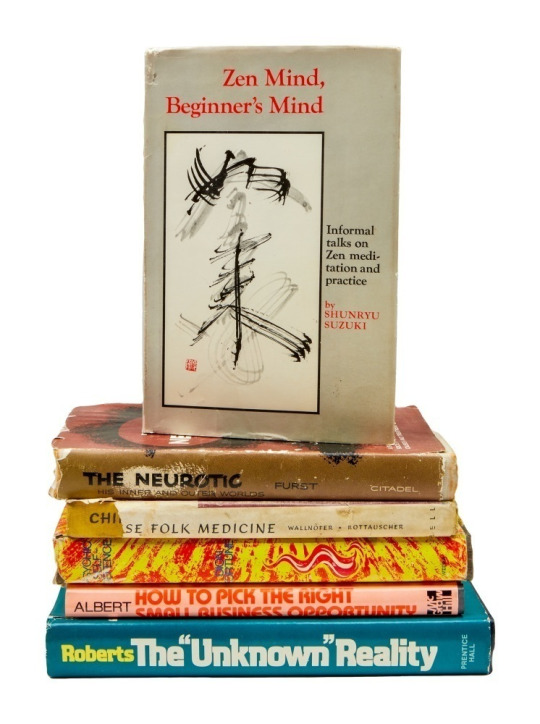
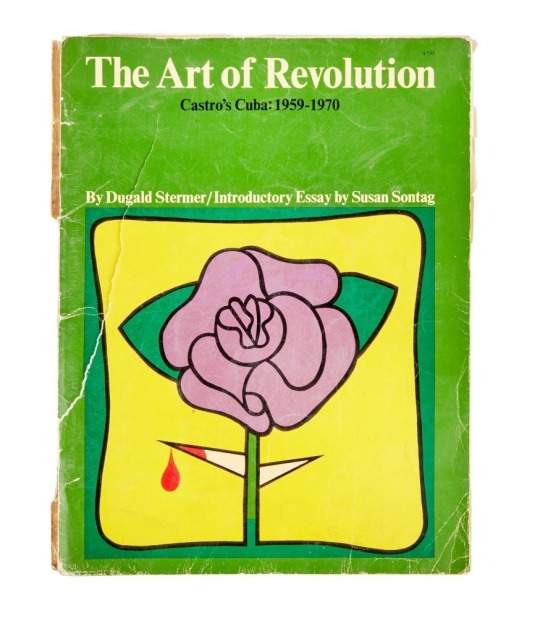
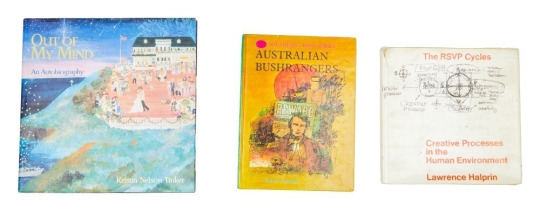
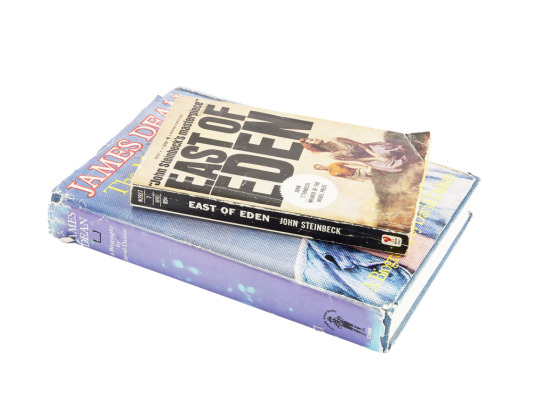
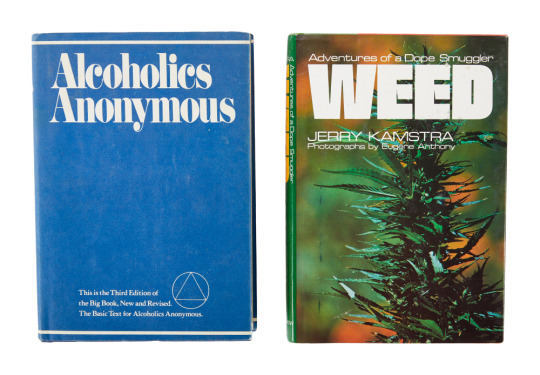

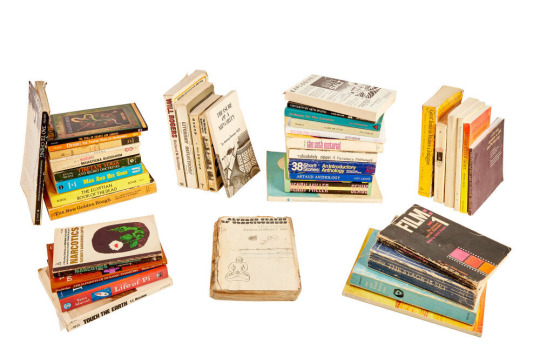
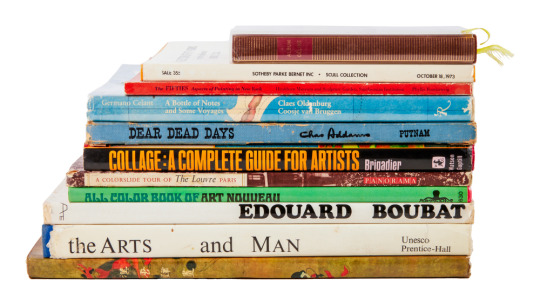
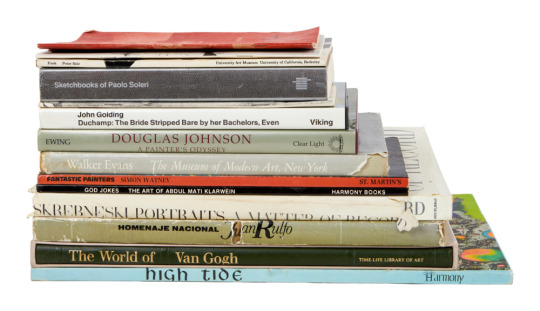
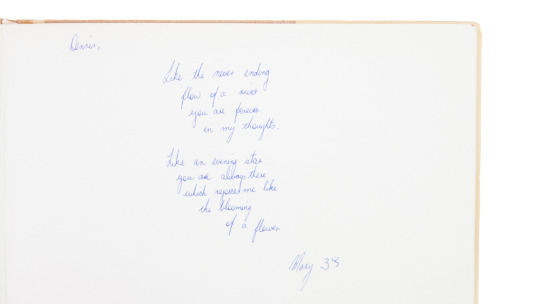

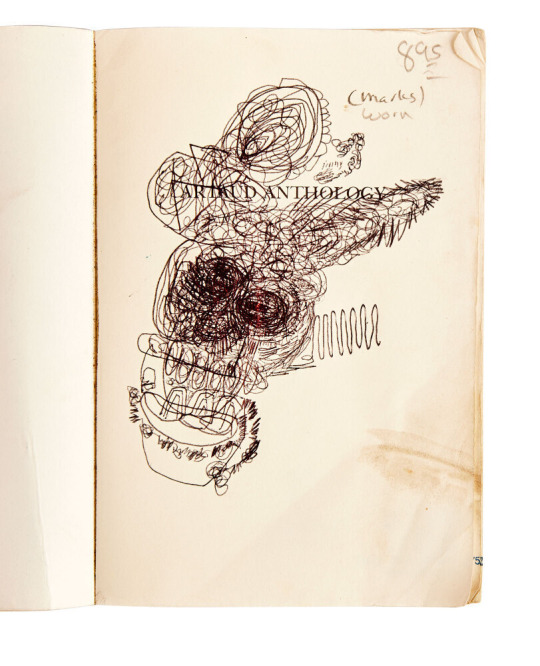
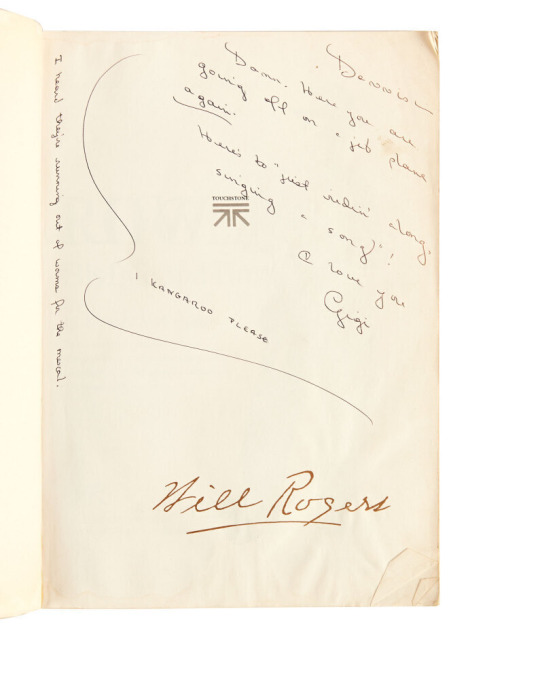
Dennis Hopper's collection of owned and gifted books (a few are listed under the cut)
Islands in the Stream (Charles Scribner's Sons, 1970)
Magic (Delacorte Press, 1976)
Sneaky People (Simon and Schuster, 1975)
Strange Peaches (Harper's Magazine Press, 1972)
I Didn't Know I Would Live So Long (Charles Scribner's Sons, 1973)
Baby Breakdown (The Bobbs-Merrill Company, Inc., 1970)
37 (Holt, Rinehart and Winston, 1970)
Presences: A Text for Marisol (Charles Scribner's Sons, 1970)
Little Prayers for Little Lips, The Book of Tao, The Bhagavadgita or The Song Divine, and Gems and Their Occult Power.
Lolita (G.P. Putnam's Sons, 1955)
The Dramas of Kansas (John F. Higgins, 1915)
Joy of Cooking (The Bobbs-Merrill Company, 1974)
The Neurotic: His Inner and Outer Worlds (First edition, Citadel Press, 1954)
Out of My Mind: An Autobiography (Harry N. Abrams, Inc., 1997)
The Savage Mind (University of Chicago Press, 1966)
Alive: The Story of the Andes Survivors (J.B. Lippincott Company, 1974)
The Documents of 20th Century Art: Dialogues with Marcel Duchamp (Viking Press, 1971)
The Portable Dorothy Parker, A Portrait of the Artist as a Young Man, I Ching, and How to Make Love to a Man.
John Steinbeck's East of Eden (Bantam, 1962)
James Dean: The Mutant King (Straight Arrow Books, 1974) by David Dalton
The Moviegoer (The Noonday Press, 1971)
Erections, Ejaculations, Exhibitions and General Tales of Ordinary Madness (City Light Books, 1974)
Narcotics Nature's Dangerous Gifts (A Delta Book, 1973)
The Egyptian Book of the Dead (Dover Publications, 1967)
Tibetan Yoga and Secret Doctrines (Oxford University Press, 1969)
Junky (Penguin Books, 1977) by William S. Burroughs
Weed: Adventures of a Dope Smuggler (Harper & Row, 1974)
Alcoholics Anonymous (Alcoholics Anonymous World Services, 1976)
Skrebneski Portraits - A Matter of Record, Sketchbooks of Paolo Soleri, and High Tide.
Raw Notes (The Press of the Nova Scotia College of Art and Design, 2005)
Le Corbusier (Heidi Weber, 1965)
Henry Moore in America (Praeger Publishers, 1973)
Claes Oldenburg (MIT Press, 2012)
Notebooks 1959 1971 (MIT Press, 1972)
A Day in the Country (Los Angeles County Museum of Art, 1985)
Album Celine (Gallimard, 1977)
A Selection of Fifity Works From the Collection of Robert C. Scull (Sotheby Parke Bernet, Inc. 1973)
Collage A Complete Guide for Artists (Watsun-Guptill Publications, 1970)
The Fifties Aspects of Painting in New York (Smithsonian Institution Press, 1980)
A Bottle of Notes and Some Voyages (Rizzoli International Publications, 1988)
All Color Book of Art Nouveau (Octopus Books, 1974)
A Colorslide Tour of The Louvre Paris (Panorama, 1960)
Dear Dead Days (G. P. Putnam's Sons, 1959)
Woman (Aidan Ellis Publishing Limited, 1972)
The Arts and Man ( UNESCO, 1969)
Murals From the Han to the Tang (Foreign Languages Press, 1974)
A (Grove Press Inc., 1968)
Andy Warhol's Index Book (Random House, 1967)
Voices (A Big Table Book, 1969)
Another Country (A Dell Book, circa 1960s)
On The Road (Signet, circa 1980s)
97 notes
·
View notes
Text

Paolo Soleri - Arcosanti, early architetural drawing
0 notes
Note
you mentioned at the end of the city that would eat the world that you had read a ton of nonfiction for it, are there any that you’d particularly recommend?
Alright, top six:
On the architecture side:
- Cosmopolis: Yesterday's Cities of the Future, by Howard Mansfield: really fun survey of past visions of future cities, including megastructures and arcologies, as well as linear cities and other older versions. Lots and lots of pictures.
- Megastructure: Urban Futures of the Recent Past, by Rayner Banhan: A more focused look at the megastructure architectural movement of the 60s and 70s by a highly respected architectural critic.
- Project Japan: Metabolism Talks..., by Rem Koolhaas and Hans Ulrich Obrist: a closer examination of one specific school of the Megastructure movement, Metabolism, the Japanese branch. (Who were by far the most successful members of the movement, far beyond Paolo Soleri or the Archigram collective. While all of the Megastructure architects had huge influences on art and culture, the Metabolists had a far bigger one, with not only far more actually built building designs, but with many more pop culture depictions of their work. NeoTokyo from Akira is just literally their design, and I'm absolutely confident that Midgard from FF7 is to some extent inspired by the "artificial ground" concept the Metabolists, especially Kiyonori Kikutake, played with. (To his credit, despite being ideologically hella pro-landlord and anti-democracy, pretty sure he would have hated Midgard.)
On the philosophical/economic/political science side of things, The City That Would Eat the World (and the whole trilogy in general) was heavily inspired by:
- Seeing Like a State: How Certain Schemes to Improve the Human Condition have failed, by James C. Scott: absolutely brilliant exploration of how states and large organizations understand the world and try to force it into being more comprehensible and easier to govern. One of my core political texts, and one of the classics of anarchist political theory.
- Governing the Commons, by Elinor Ostrom: A likewise brilliant work of empirical economics by a likewise brilliant anarchist, where the author traveled the world finding traditional and modern methods of governing common resources, from Japan to India to the US, ones that have both succeeded and failed in the face of modern civilization. Won the Nobel in Economics. (Which, not a real Nobel, but this one absolutely deserved it- unlike many Nobel in economics winners. (Don't even speak to me about last year's winner ugh))
- Debt: The First 5000 Years, by David Graeber: Yet another brilliant work by yet another brilliant anarchist author. Explores the history of debt and its role in society, as both a stabilizing and destabilizing force, and in the process completely disproves the classic fairy tale Adam Smith told about the evolution of coinage using well-researched archaeological evidence. Probably the most entertaining read of these three, despite being the longest.
(Look, I might personally be a socialist over an anarchist, but damn if anarchist political philosophy isn't hella useful for fantasy worldbuilding. And they make a lot of good points.)
5 notes
·
View notes
